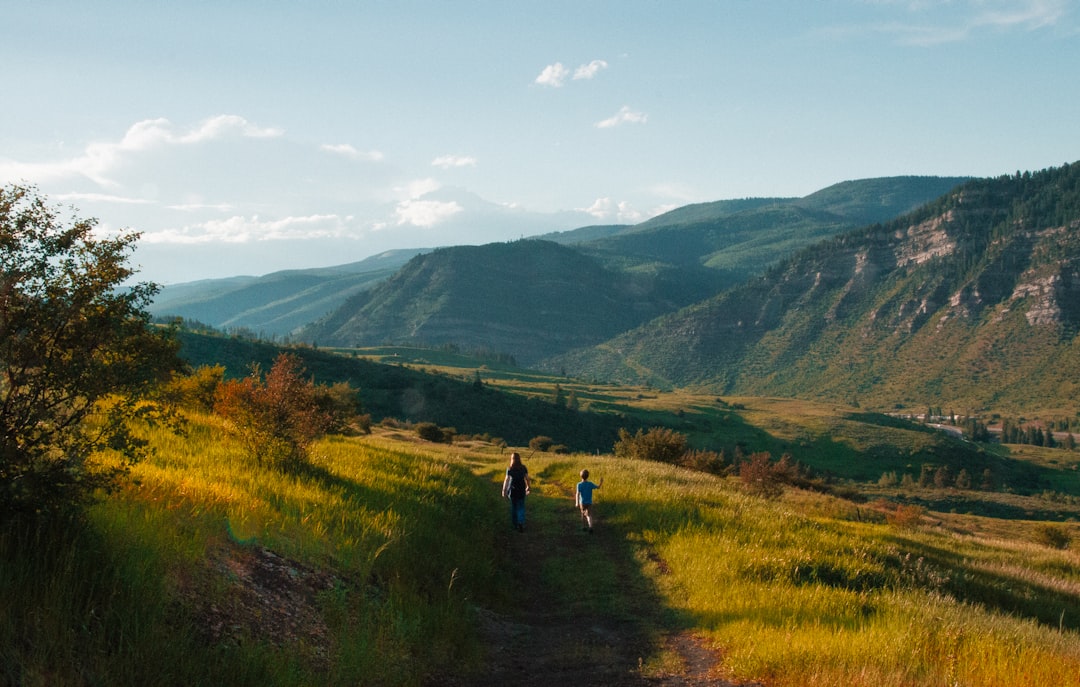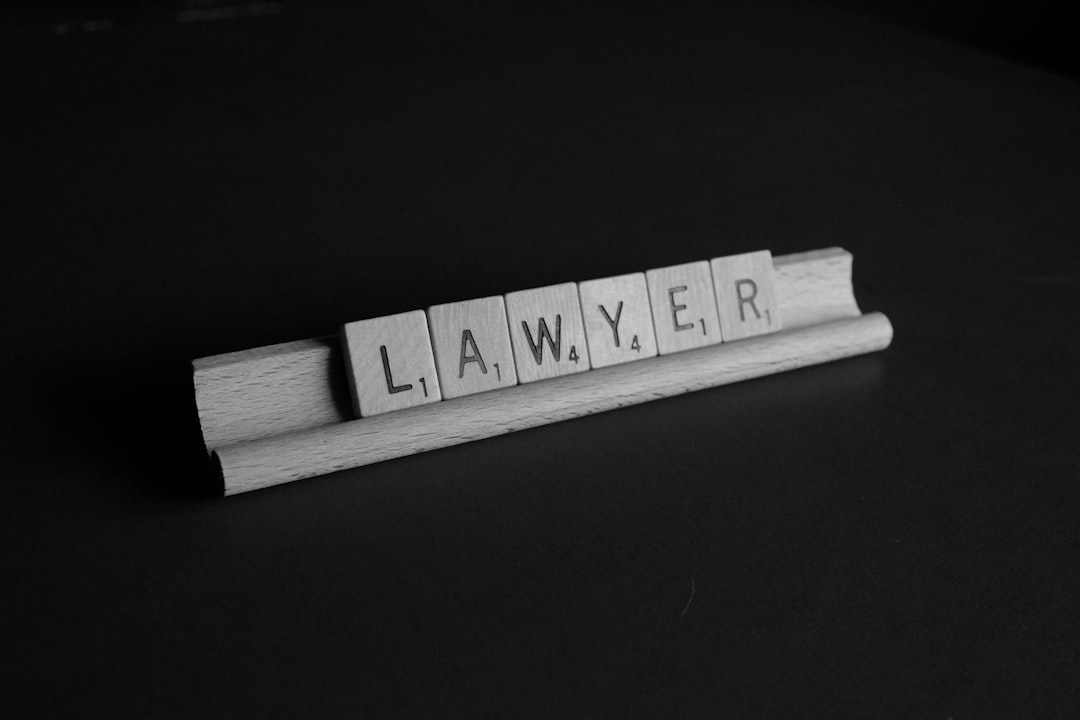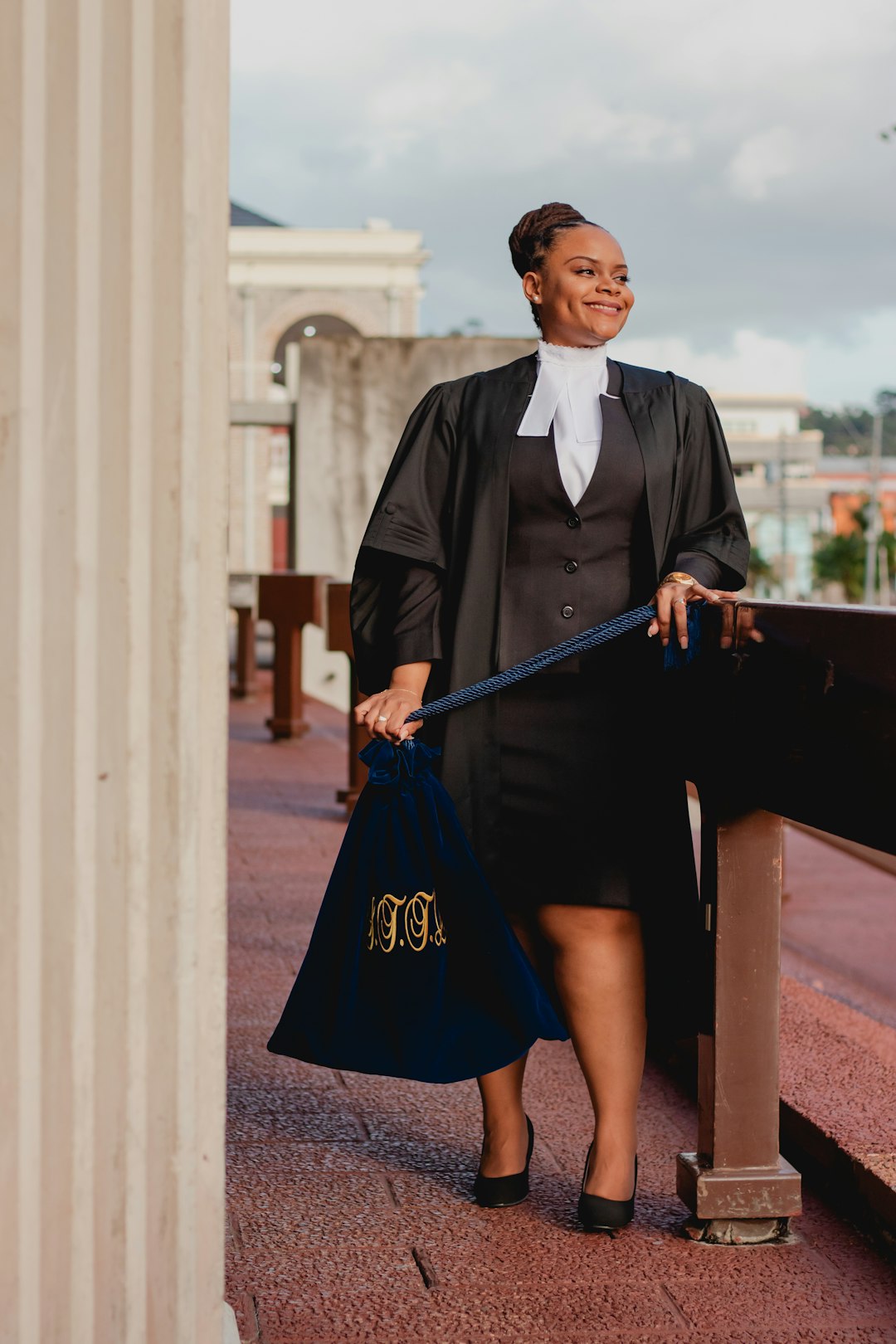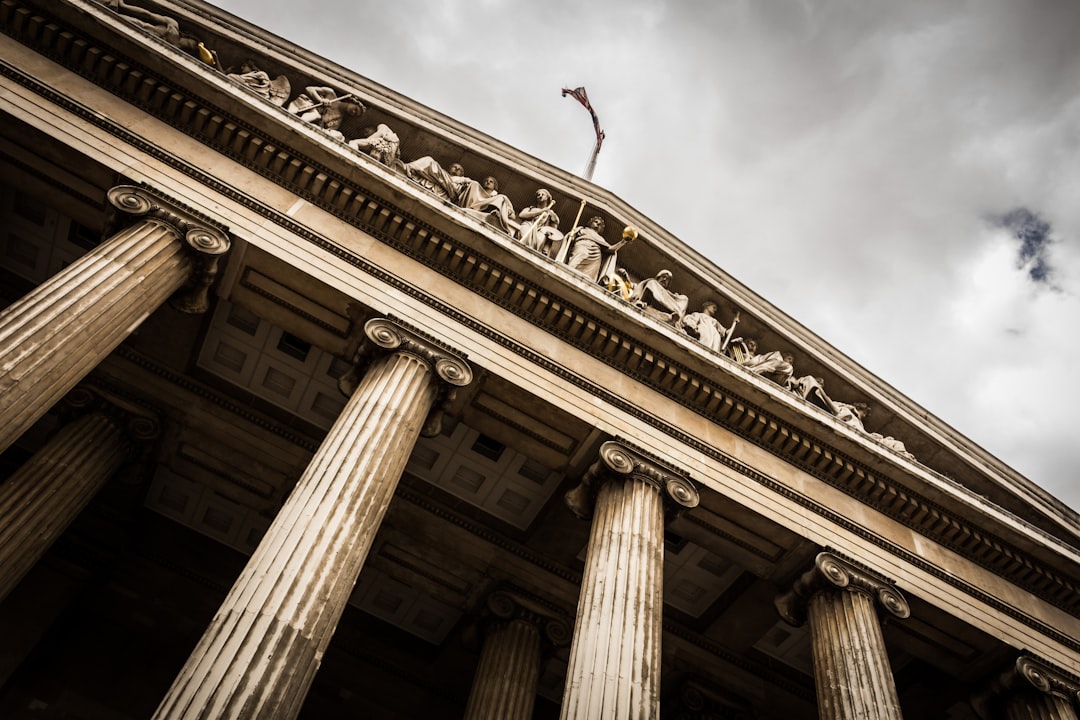Forensic interviews in Colorado are vital for child sexual abuse cases, led by trained pros who create safe environments for young victims to share their stories. Using techniques like art therapy and open-ended questions, these interviews gather detailed, age-appropriate information crucial for legal proceedings, relying on evidence from these sessions for balanced justice with support for victims and accused alike, emphasizing the role of sexual abuse lawyers in Colorado.
In Colorado, forensic interviews play a pivotal role in child sexual abuse cases, serving as a crucial link between victims and justice. This article delves into the intricate world of these interviews, exploring their purpose, legal implications, and impact on both victims and the pursuit of justice. Understanding this process is essential for anyone seeking guidance from a sexual abuse lawyer in Colorado, as it can significantly influence the outcome of sensitive cases.
Understanding Forensic Interviews in Child Cases
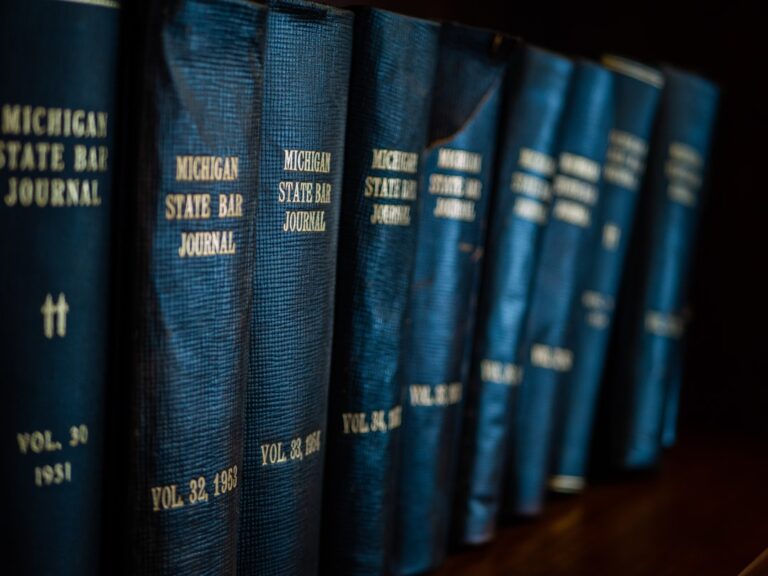
Forensic interviews play a pivotal role in Colorado child sexual abuse cases, providing a structured and sensitive approach to gather evidence from young victims. Conducted by trained professionals, these interviews aim to understand a child’s experience while ensuring their safety and well-being. By employing specialized techniques, forensic interviewers create a secure environment, encouraging children to share details about alleged abuse in a way that is age-appropriate and non-leading.
This process involves careful listening, patient questioning, and the use of art or play therapy to help children express themselves. The goal is not only to gather factual information but also to offer support and validate the child’s feelings. A sexual abuse lawyer in Colorado often relies on these interviews as crucial evidence, ensuring that the victim’s story is accurately represented while navigating complex legal proceedings.
Legal Implications for Sexual Abuse Accusations

In Colorado, the legal implications of sexual abuse accusations are taken extremely seriously. When a child makes allegations of sexual abuse, forensic interviews become a crucial tool in the legal process. These structured conversations, conducted by trained professionals, aim to gather detailed and accurate accounts from the child while minimizing potential trauma. The insights gained from these interviews can significantly influence the outcome of a case.
A sexual abuse lawyer in Colorado understands that the evidence obtained during forensic interviews is often pivotal in building or undermining a case. Accurate documentation of the child’s statements, along with any physical evidence collected, can lead to successful prosecution or dismissal, depending on the merits of the case. This process ensures that the rights of both the victim and the accused are protected while navigating the complex legal landscape surrounding sexual abuse accusations.
The Impact on Victims and Justice in Colorado
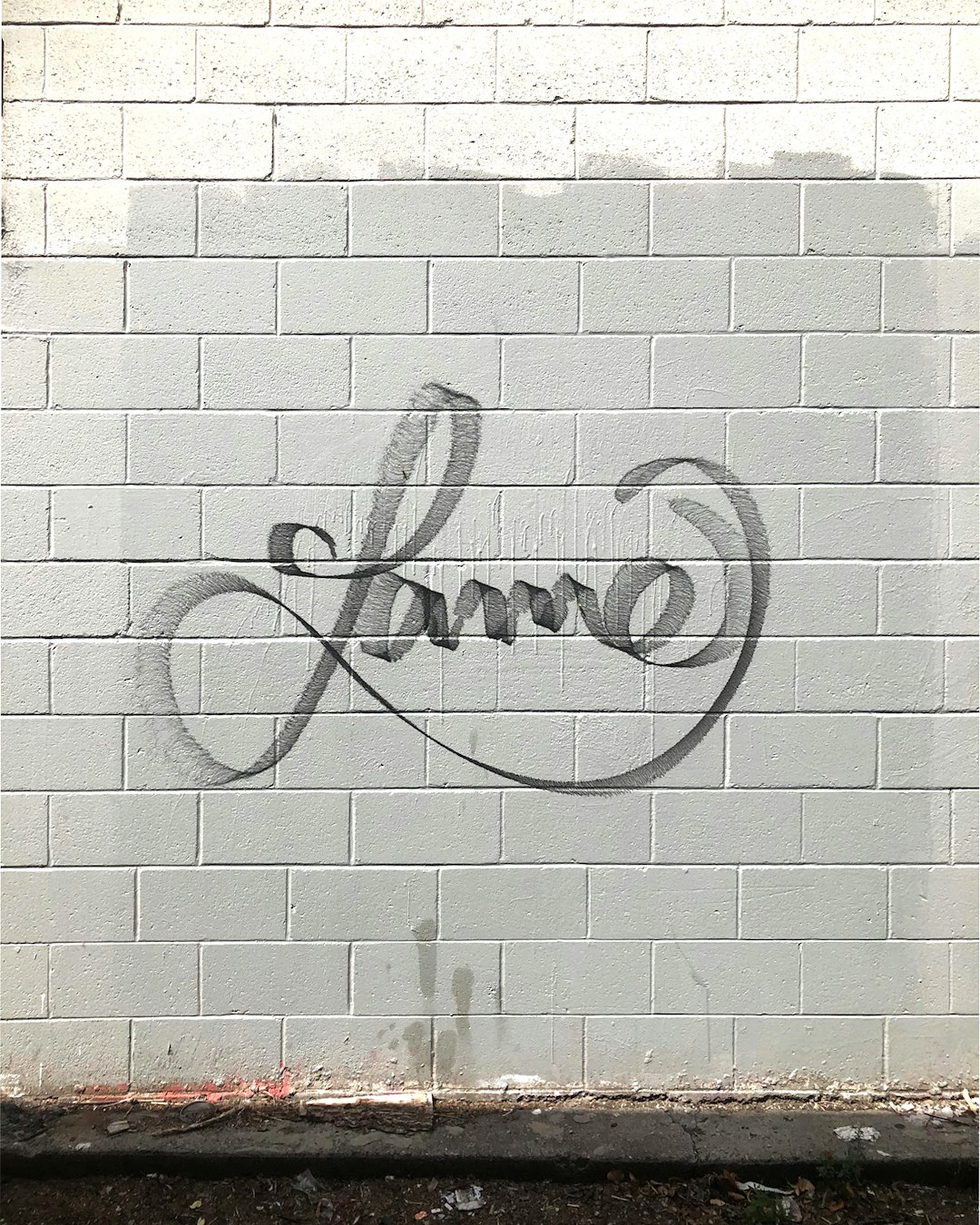
In Colorado, forensic interviews play a pivotal role in child sexual abuse cases, serving as a crucial tool to support victims and ensure justice is served. These specialized interviews are designed to help young victims express their experiences in a safe and non-threatening environment. Trained professionals ask open-ended questions, allowing children to share their stories freely, while also gathering essential evidence for legal proceedings. This process significantly reduces the potential trauma associated with traditional interrogations, fostering an atmosphere of trust and encouraging honest accounts from abused children.
By implementing forensic interviews, Colorado’s legal system aims to protect vulnerable victims and increase the likelihood of successful prosecutions. A sexual abuse lawyer in Colorado often relies on these interviews as a critical component of building a robust case. The insights gained through forensic discussions can lead to more effective strategies for prosecution, ultimately ensuring that perpetrators face justice and accountability for their crimes against children.
